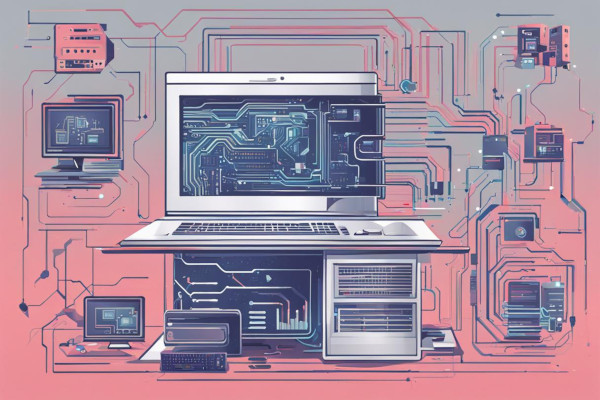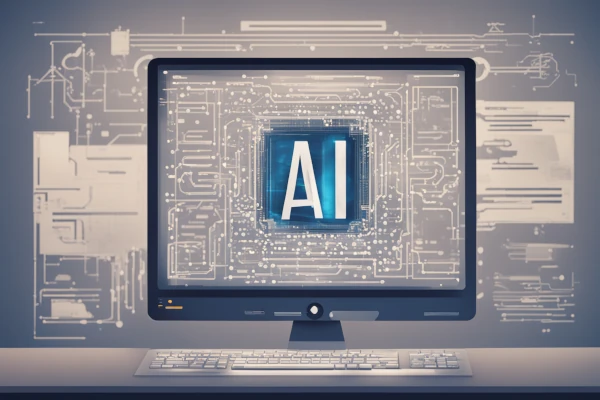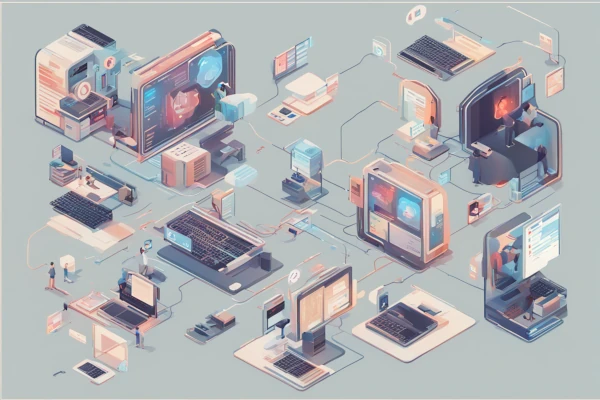More American’s are increasingly concerned about artificial intelligence’s (AI) increasing usage in society according to a new Pew AI Survey.
Up from 38% in December 2022, the Pew AI Survey indicated that over half of Americans express concern about AI’s influence:
Overall, 52% of Americans say they feel more concerned than excited about the increased use of artificial intelligence. Just 10% say they are more excited than concerned, while 36% say they feel an equal mix of these emotions.
The lack of enthusiasm for AI generally is constant for all major demographic groups except for age:
About six-in-ten adults ages 65 and older (61%) are mostly concerned about the growing use of AI in daily life, while 4% are mostly excited. That gap is much smaller among those ages 18 to 29: 42% are more concerned and 17% are more excited.
The survey’s results indicated that people who have heard a lot or a little about AI are more likely now than in December 2022 to express greater concern than excitement about AI.
Although there is a general concern about AI among the public, there are some AI uses that are viewed as more positive than negative. The more positive AI applications include when people want to find products and services they are interested in online, helping companies make safe cars and trucks, shopping for goods and helping people take care of their health.
The public views of AI’s impact on privacy are more negative:
Overall, 53% of Americans say AI is doing more to hurt than help people keep their personal information private. Only 10% say AI helps more than it hurts, and 37% aren’t sure. Our past research has found majorities of Americans express concern about online privacy generally and a lack of control over their own personal information.
Demographic differences determined the public’s overall view of AI. Americans with higher levels of education viewed AI impact more positively. Whereas Americans with higher incomes view AI as more beneficial for completing certain tasks.
Alternatively six-in-ten college graduates (59%) report that AI harms more than helps people concerning privacy issues. Whereas half of adults with lower levels of education have this view.
Another AI interpretation variance is that men view AI’s impact more positively in specific areas than women.




